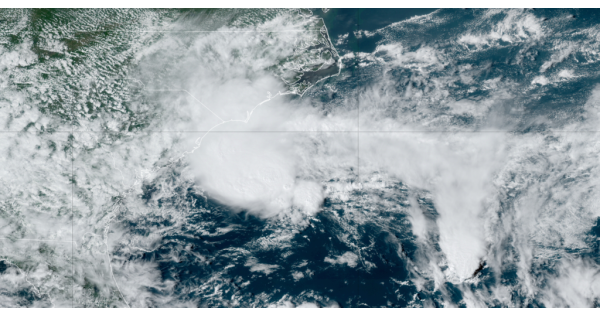If you or someone you know is having thoughts of suicide, call the National Suicide Prevention Lifeline at 988. This toll-free number connects you to a network of crisis centers across the United States. When you call, you will be connected to a trained crisis worker who will listen to you and provide support. They will help you develop a plan to keep yourself or your loved one safe, and they can also provide referrals to local mental health services and other resources.
It's important to know that you are not alone and that help is available. Suicide is preventable, and recovery is possible. Reaching out for support is a sign of strength and a crucial step towards healing. The crisis workers at the National Suicide Prevention Lifeline are there to provide confidential and non-judgmental support, no matter what you may be going through.
If you are concerned about someone else, you can also call the hotline to seek advice and support. The crisis workers can help you determine the best way to support your loved one and provide guidance on how to create a safe environment for them. They can also offer resources and information on local mental health services that can provide further assistance.
Remember, the National Suicide Prevention Lifeline is available 24 hours a day, 7 days a week. You can call from anywhere in the United States, and your call will be routed to a nearby crisis center. The service is available in English and Spanish, and they can provide assistance in other languages as well. If you are deaf or hard of hearing, you can also contact the lifeline via TTY or a dedicated service for individuals who are deaf, hard of hearing, or have speech disabilities.
In addition to calling, you can also text or chat with a crisis counselor. The Lifeline offers a 24/7 crisis text line by texting HOME to 741741. You can also chat online with a crisis counselor through the Lifeline Chat service. These options can be especially helpful if you are in a situation where you can't speak freely or prefer not to talk on the phone.
Don't hesitate to reach out for help. Your life and the lives of those around you are invaluable. Taking that first step and asking for support can make all the difference. Recovery is always possible, and there is hope for a brighter future.
Cause of death for woman Virginia Vinton, 57, who was found entangled in a baggage conveyor belt at Chicago's O'Hare Airport, revealed as case takes shocking turn
Christine Vinton, 57, of Waxhaw Virginia, was found dead at Chicago O'Hare airport shortly before 8am on Thursday.




